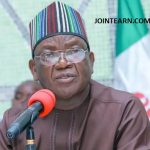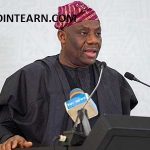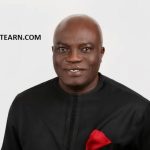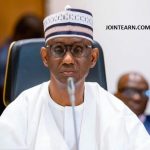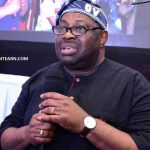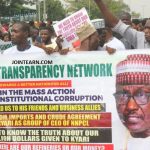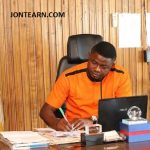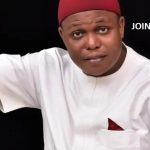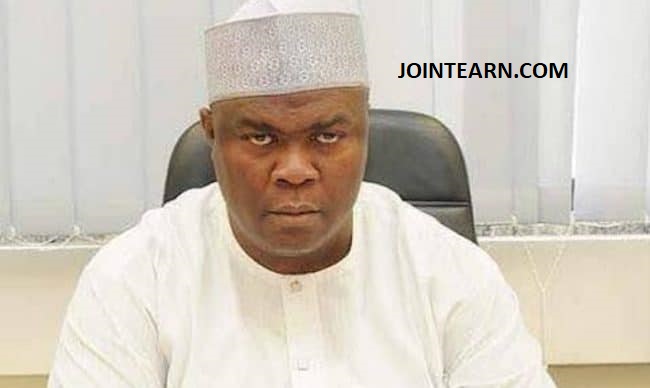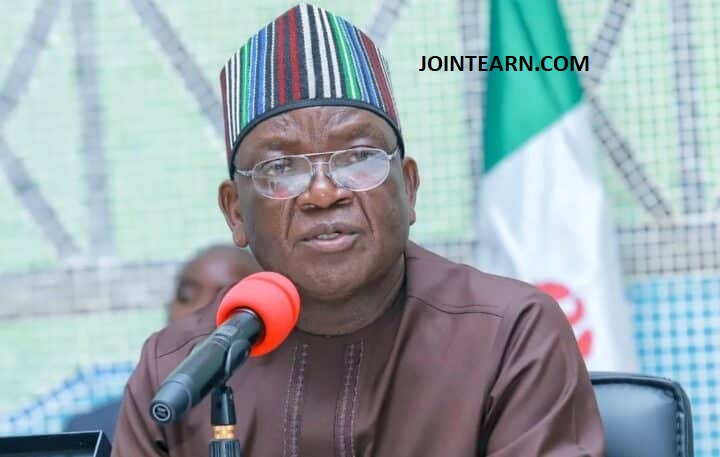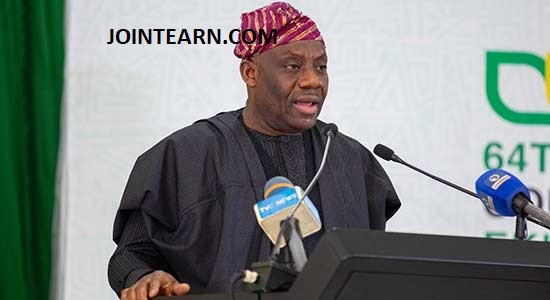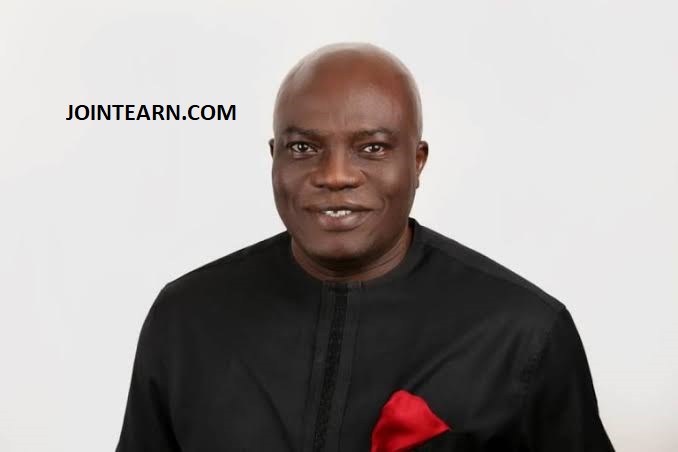Former Kaduna Central Senator and civil rights advocate, Shehu Sani, has shed light on the growing skepticism in Northern Nigeria surrounding the upcoming national population census under President Bola Ahmed Tinubu’s administration.
Speaking during a press briefing in Kaduna on Tuesday, Sani expressed concerns that the region’s apprehension stems from fears of marginalization, mistrust in federal processes, and the perceived politicization of demographic data — a vital factor in resource allocation, political representation, and national planning.
“There is genuine anxiety in the North about the upcoming census. Many feel it may be skewed or manipulated to reduce the region’s demographic strength,” Sani said.
The National Population Commission (NPC) had earlier announced plans to conduct a long-overdue national census in 2025, with digital tools and biometric verification systems to ensure transparency and credibility. However, the North’s response has been cautious, with some community leaders and stakeholders expressing reservations over the timing, methodology, and potential political outcomes.
Historical Distrust
Senator Sani, who is known for his forthrightness on national issues, traced the skepticism to a long history of disputed census figures in Nigeria. He said past exercises, dating as far back as 1962, have often been riddled with controversy, allegations of manipulation, and ethnic or regional bias.
“Census in Nigeria has never been just about counting people. It has always been about politics, power, and resources. Every region wants the numbers to favor its interests,” Sani explained.
According to him, the North’s suspicion is based on fears that new technological measures like digital enumeration and satellite mapping might reduce what he described as “historical advantages” enjoyed by the region in past censuses — especially in areas where population counts were inflated or inadequately verified.
Security Challenges and Accessibility
Sani also noted that insecurity in the North, particularly in the North-East and parts of the North-West, poses a major challenge to a fair and inclusive census. With thousands of communities displaced by insurgency, banditry, and communal clashes, there are growing concerns about how accurately these populations will be accounted for.
“How do you count people in places where they no longer live? Or in IDP camps where records are not properly kept? These are questions that the federal government must answer honestly,” he said.
He warned that if these logistical and security issues are not addressed before the census date, the final results could underreport large segments of the Northern population, especially rural dwellers who lack access to digital registration tools.
Calls for Transparency and Inclusion
Sani urged the Federal Government and the National Population Commission to engage regional leaders, traditional rulers, and community stakeholders in open dialogue to rebuild trust and ensure that the process is inclusive.
“This census must not be perceived as a southern or elite project. The people must feel it is a national undertaking that protects their identity and interests,” he stated.
He also advocated for a legislative oversight mechanism that would ensure transparency in data collection, enumeration practices, and post-census data management.
“The census must be seen to be credible, and that credibility begins with transparency. The process must be open for scrutiny,” he added.
North’s Stake in the National Equation
Population figures in Nigeria play a pivotal role in determining the distribution of federal revenue, representation in the National Assembly, and the allocation of development projects. A significant shift in population estimates could alter the balance of power among Nigeria’s six geopolitical zones.
According to analysts, this is one of the key reasons some Northern stakeholders are wary of the upcoming census — they fear it could lead to a decrease in political leverage if the numbers do not favor them as in previous years.
“We must stop seeing census as a zero-sum game,” Sani urged. “Accurate data helps everyone. It helps us plan better, govern better, and address real needs — not assumed numbers.”
Political Undertones
Some observers believe that the North’s skepticism is also politically driven, especially in the context of President Tinubu’s administration, which has faced criticism in some Northern circles over perceived appointments imbalance and economic reforms that have hit poorer regions hardest.
Senator Sani cautioned against politicizing the census, saying it would only deepen divisions and erode public confidence.
“We must move away from ethnic census politics. A credible population count is essential for development, not just politics,” he said.
A Call for National Unity
In his final remarks, Sani appealed to all Nigerians — from the North, South, East, and West — to support the census as a crucial tool for national planning and progress.
“Let us work together to make this the most transparent and inclusive census in Nigeria’s history. We owe it to future generations to get it right,” he concluded.
With the countdown to the 2025 census already underway, the Federal Government faces the dual task of securing broad-based national support while addressing legitimate concerns, particularly in the North, to ensure a process that is fair, credible, and reflective of Nigeria’s true population landscape.
